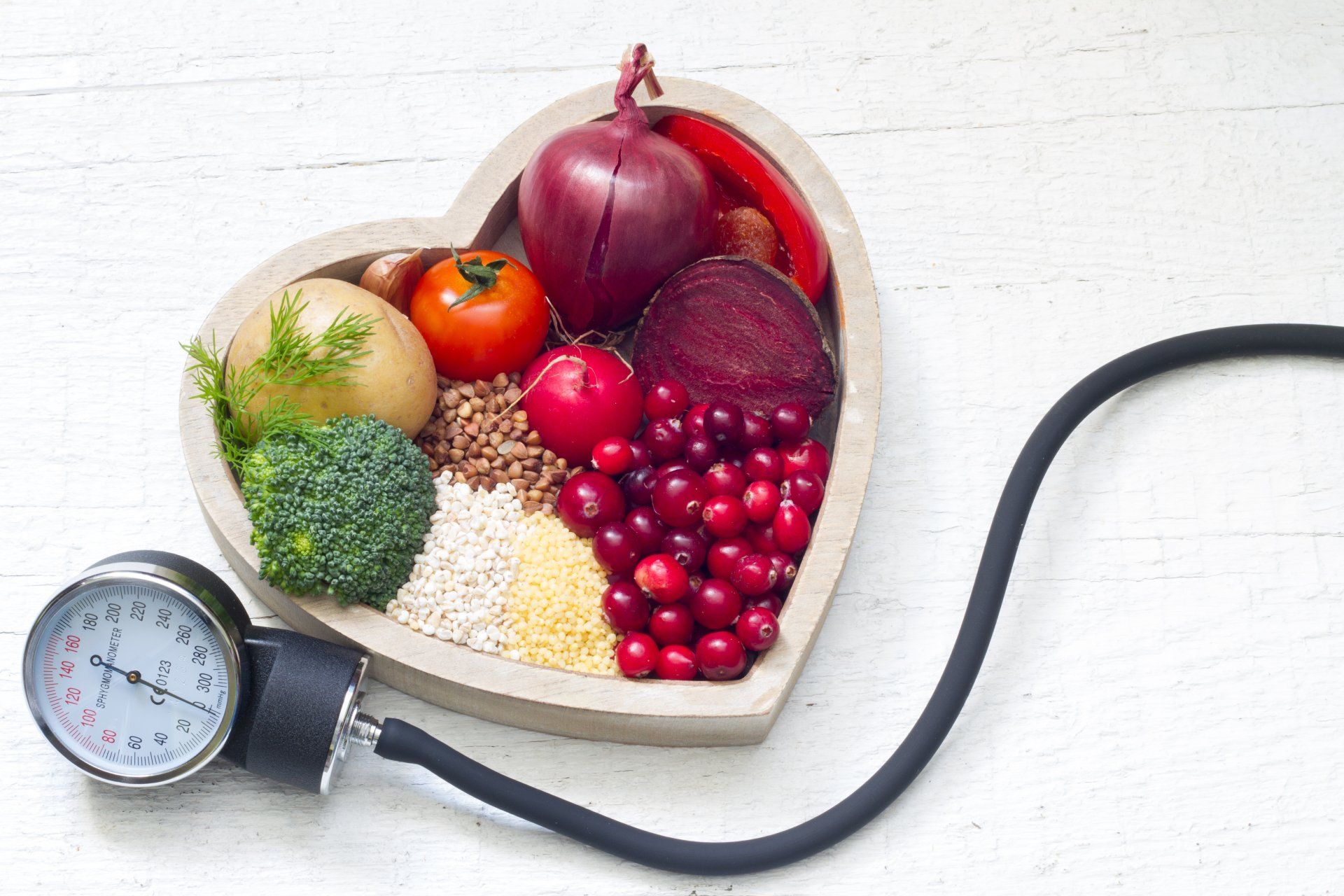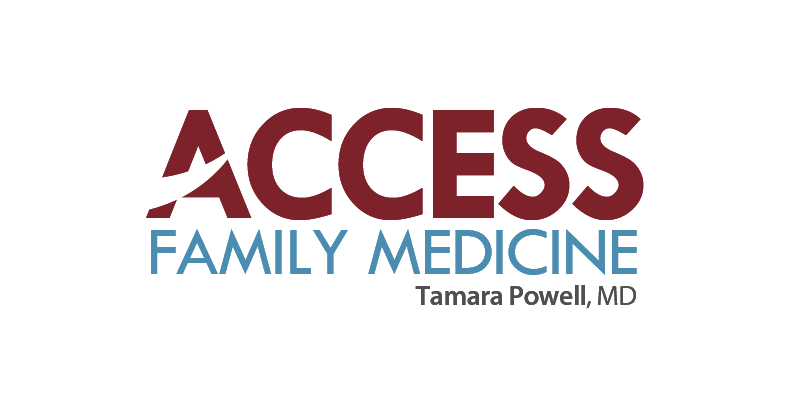Hello Access Family Medicine family,
Here are the current recommendations regarding immunizations, exposure, and if you test positive (note that boosters are now recommended at 5 not 6 months after your second vaccine dose). Please feel free to keep this on hand for if/when you get sick and share with others.
FYI KF94 masks are now recommended above cloth masks to protect yourself. As an example, if both people are wearing cloth masks, transmission for a sick (even asymptomatic) to well person occurs in probably 20 minutes. If both are wearing surgical (the paper looking) masks, that time is probably 40 minutes. KF94's are better than surgical masks.
******As Omicron COVID-19 cases increase, one of the ways we slow the spread is to stay home and away from other people for five days when we test positive, have symptoms, or have been exposed to COVID-19, and wear a well-fitting mask for an additional five days. If you are up to date on your vaccines you do not need to stay at home or miss work if you have been exposed, but you must wear a proper mask around others for 10 days.*****
Here are some definitions to keep in mind:
Up to date on vaccinations – You have received a booster or received your second dose of Pfizer or Moderna within the past five months or received the initial dose of Johnson & Johnson within the past two months.
Not up to date on vaccinations – It’s been more than five months since you completed your initial Pfizer or Moderna vaccine series or more than two months since you received the initial dose of Johnson & Johnson or you are not vaccinated.
Exposure – Being in close contact (within six feet for at least 15 minutes in a 24-hour period) with a person who has recently tested positive for COVID-19.
Symptoms – COVID-19 symptoms can include shortness of breath, cough, fever, loss of taste or smell, fatigue, muscle or body aches, headache, sore throat, runny nose, nausea or vomiting, or diarrhea.
Common questions:
--What if I test positive for COVID-19 or was exposed to COVID-19 and have symptoms?
Stay at home and away from others for five days regardless of vaccination status.
If you have no symptoms, or your symptoms are resolved after five days, you can leave your home. Continue to wear a well-fitting mask around others for an additional five days.
If you have a fever, continue to stay home until it goes away.
--What if I am up to date on vaccinations and was exposed to someone with COVID-19 and do not have symptoms?
Wear a well-fitting mask for 10 days. Test on day five, if possible. If you develop COVID-19 symptoms, get a test and stay home.
--What if I am not up to date on vaccinations and was exposed to someone with COVID-19 and do not have symptoms?
Stay home for five days. Continue to wear a well-fitting mask for an additional five days. If you are not able to stay at home, you must wear a well-fitting mask around other people for 10 days. Test on the fifth day after exposure. If you develop COVID-19 symptoms, get a test and stay home.
--What can we do to protect everyone in the home when someone is exposed to, or infected with, COVID-19?
People in isolation should stay separate from the rest of the household as much as possible.
The Centers for Disease Control and Prevention recommends all members of the household wear well-fitting masks during the stay-at-home period. If possible, one person should provide care to the person who is, or may be, infected to limit the exposure and best protect everyone in the home.
All types of vaccines are available at the office to anyone in the community, with little wait time and no standing around other potentially sick folks. Scheduling is through the call center, 541-916-7030 (ask to schedule with Access Family Medicine).
It's been a long haul, but let's get through this winter healthy!
Dr. Powell


